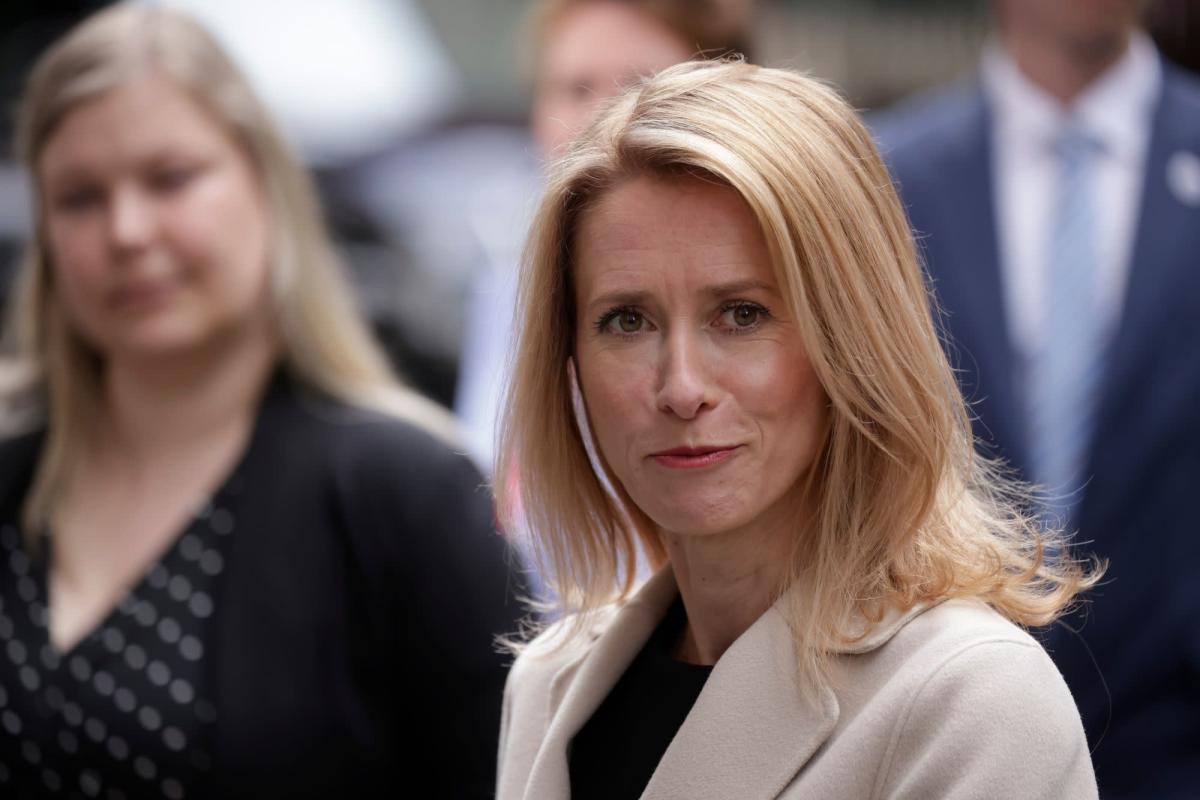
(Bloomberg) —
Most Read from Bloomberg
Estonian Prime Minister Kaja Kallas is poised to form a new coalition government, likely ending a political crisis in the Baltic nation of 1.3 million as it confronts its biggest security test in decades.
Kallas, 44, who has seen her popularity soar in Estonia with her hardline against Russian President Vladimir Putin, is in a position to form a government after the conservative Pro Patria party decided on Saturday to seek an alliance with her ruling Reform Party and the Estonian Social Democrats.
“We know that there are less than nine months left until the next elections, but in the course of the coalition talks, an agreement must be reached on issues concerning Estonian-language education, child and family benefits, soaring inflation, security and energy,” Pro Patria’s leader, Helir-Valdor Seeder, said in a written statement on Saturday.
A new coalition ahead of elections scheduled for next year draws a line under political turmoil that dragged out for months amid squabbling over spending and domestic policy. Kallas brought her coalition to an end on June 3, insisting that the country needs a functioning government to face the Russian threat.
“The three parties have a strong common ground to create a government that will bring Estonia through the crises, is pro-Estonian, strengthens our security and offers people a sense of economic security. The Reform Party’s wish is to quickly set a timetable for coalition talks to move forward with the formation of a new government,” Kallas said in a Facebook post after the decision.
Kallas’s Reform had governed for 16 months with the Centre Party under former premier Juri Ratas, who had pushed through spending legislation without Kallas’s consent.
Pro Patria, which holds 12 seats in the 101-seat national assembly, also had the option of joining a coalition with Ratas’s party and the far-right EKRE, reviving a coalition that governed before Kallas took office, and which was racked by scandal.
Kallas has said EKRE would jeopardize Estonia’s image and international partnerships, with the return of a far-right party skeptical of the European Union and the North Atlantic Treaty Organization at a time when tensions with neighboring Russia have increased.
Although talks between the new ruling parties are only beginning, a failure by Kallas to form a coalition would have triggered a confidence vote that would potentially have led to a snap election, as Kallas told Bloomberg earlier this week, an option that could work in her favor. Reform leads the political field with 34.7% support, well ahead of the far-right EKRE Party, in second place with 19.4%, and the Centre Party with 16.3%, according to a June 1 Norstat poll.
While all Estonian parties share Kallas’s pro-Ukrainian views, the prime minister has been criticized by political opponents for fueling war hysteria and ignoring domestic issues, such as inflation, which is running at euro-record 20%..
Most Read from Bloomberg Businessweek
©2022 Bloomberg L.P.




